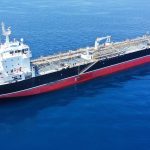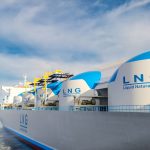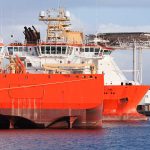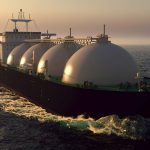
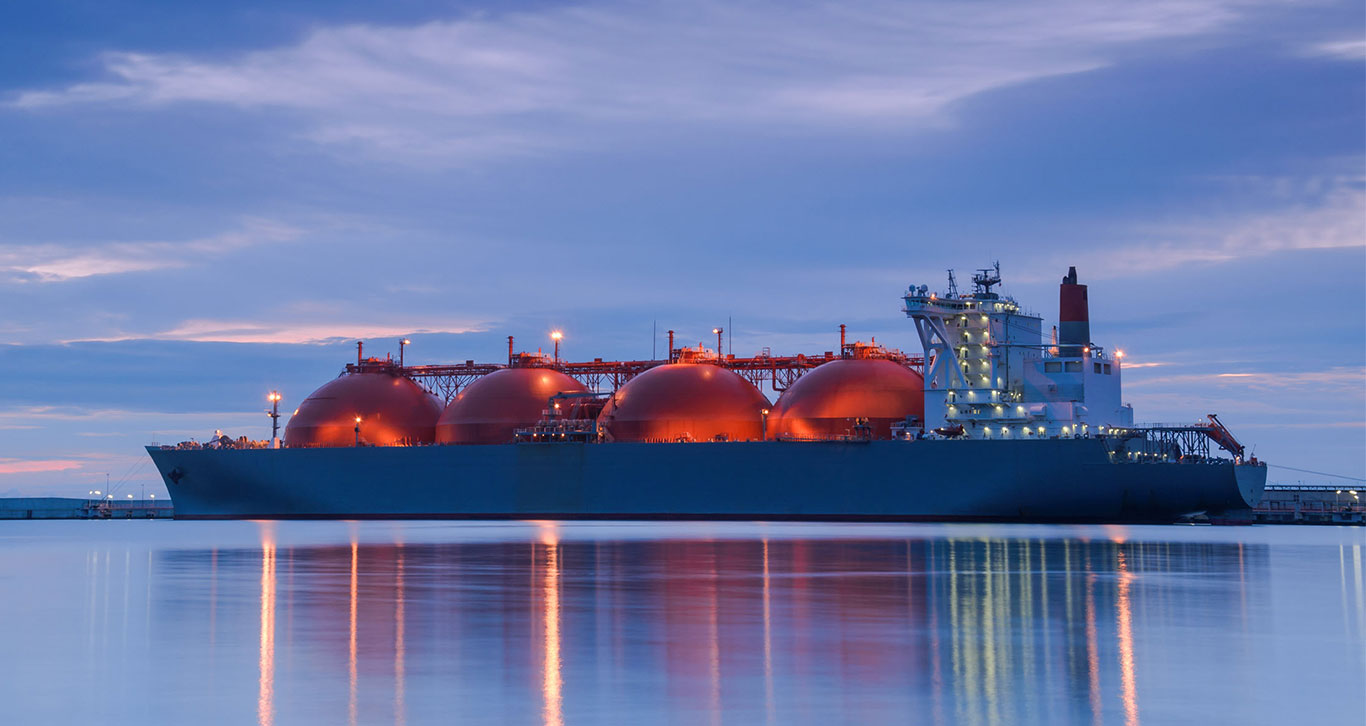
Key Factors to Consider When Chartering an LNG Tanker
Chartering an LNG tanker requires careful planning and consideration. From cargo capacity to operational costs, every decision impacts the efficiency and success of the charter. This article outlines the key factors to help businesses make informed decisions when chartering a Liquid Natural Gas tanker.
Cargo Capacity
The cargo capacity of an LNG tanker is often the primary factor in the decision-making process. The capacity of the tanker determines how much liquefied natural gas (LNG) can be transported in a single voyage. Larger tankers typically offer greater capacity, reducing the number of trips required for large volumes of LNG. However, smaller vessels may be better suited for specific routes or ports that have size restrictions. Understanding the balance between cargo capacity and the logistical demands of your shipping routes is essential.
Charter Duration
The duration of the charter affects both the cost and flexibility of LNG transportation. Short-term charters, often used for spot market deals, provide flexibility for companies needing immediate shipping solutions. Long-term charters, on the other hand, offer stability and can result in lower overall costs due to negotiated rates over time. Companies must assess their LNG transportation needs to decide whether short-term or long-term charter agreements are more beneficial.
Route Considerations
Selecting the correct shipping route is essential when you charter an LNG tanker. Geopolitical stability, weather conditions, and port accessibility must all be considered. Routes that pass through volatile regions may pose risks, while certain shipping lanes might have environmental or regulatory challenges. Planning routes based on both safety and efficiency will help reduce delays and mitigate risks.
Operational Costs
Operational costs are a major consideration when a party charters a liquid natural gas tanker. These costs include fuel, crew wages, and maintenance expenses. Fuel is typically the largest operational cost, and it fluctuates based on market conditions and route distances. Crewing costs vary depending on the number of crew members required and their qualifications. Maintenance of the tanker is another significant expense, as it ensures safety and compliance with regulatory standards.
Fuel Efficiency
Fuel efficiency directly impacts the operational costs of an LNG tanker. Newer vessels often feature advanced propulsion systems that enhance fuel efficiency, reducing overall expenses. Dual-fuel engines, which can run on both LNG and traditional marine fuels, offer flexibility and cost savings. Charterers should prioritize vessels with higher fuel efficiency to reduce the environmental impact and cut costs over time.
Crew Requirements
Qualified and experienced crews are essential for safely operating LNG tankers. These tankers require specialized knowledge for handling liquefied natural gas, which is stored at extremely low temperatures. The cost of crewing an LNG tanker depends on the number of crew members and their level of expertise. Charterers should ensure that the crew meets international safety and operational standards.
Regulatory Compliance
LNG tankers must comply with a wide range of international regulations. The International Maritime Organization (IMO) sets the standards for shipping safety, environmental protection, and vessel operation. Compliance with regulations such as MARPOL (the International Convention for the Prevention of Pollution from Ships) is mandatory. Charterers should ensure the LNG tanker meets these standards to avoid fines, delays, and potential legal issues.
Safety Standards
Safety is a top priority when chartering an LNG tanker. These vessels must be equipped with fire suppression systems, emergency shutdown mechanisms, and other safety features designed to mitigate risks associated with transporting highly flammable cargo. Regular safety inspections and certifications ensure that the vessel complies with international safety protocols.
Environmental Impact
Reducing the environmental impact of LNG transportation is a growing concern for charterers. LNG tankers are subject to emissions regulations that aim to minimize their carbon footprint. Charterers should consider vessels that utilize eco-friendly technologies, such as low-emission engines, to comply with regulations and reduce environmental impact. Investing in greener shipping options can also improve a company’s sustainability profile.
Technology Integration
Modern technology can significantly enhance the efficiency of LNG tanker operations. Real-time route optimization, predictive maintenance, and automation tools help reduce operational costs and improve safety. Advanced monitoring systems can detect potential issues before they lead to costly repairs or delays. Charterers should seek out vessels that incorporate the latest technological advancements to optimize performance.
Insurance and Liability
Proper insurance coverage is critical when chartering an LNG tanker. Marine insurance protects against risks such as cargo loss, accidents, and environmental damage. Liability coverage ensures that both the vessel owner and the charterer are protected in the event of an incident. Charterers should review insurance policies carefully to ensure they have adequate coverage for the duration of the charter.
Market Trends
Understanding current market trends is essential for making informed decisions about chartering an LNG tanker. Global demand for LNG fluctuates based on geopolitical factors, energy needs, and market conditions. Analyzing charter rates and availability can help businesses decide the best time to charter a vessel, avoiding periods of high demand that may drive up costs.
Maintenance Costs
Regular maintenance is essential to keep LNG tankers in safe operating condition. This includes routine inspections, dry-docking, and necessary repairs. Maintenance costs can vary based on the age of the vessel, its condition, and the frequency of required servicing. Charterers should account for these expenses in their overall cost analysis when selecting a tanker.
Charterer Responsibilities
Chartering an LNG tanker comes with specific responsibilities, which can include overseeing the crew, ensuring compliance with regulations, and maintaining the vessel. These responsibilities are often outlined in the charter agreement, and failure to meet them can result in penalties or contract termination. Understanding the full scope of responsibilities ensures a smooth and efficient charter process.
Conclusion
Chartering an LNG tanker involves careful consideration of factors such as cargo capacity, operational costs, and regulatory compliance. By understanding these key elements, businesses can make informed decisions that optimize efficiency and minimize risks. For best results, consult with experts to navigate the complexities of LNG tanker chartering.
Related posts


LNG Tanker Valuation: What Influences the Sale Price?

Buy and Sell Offshore Vessels

